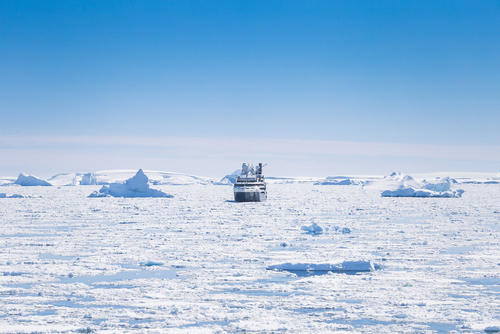From November 1st, 2022, the amendments to MARPOL Annex I regarding the prohibition on the use and carriage for use as fuel of heavy fuel oil by ships in Arctic waters came into force.
In particular, a new regulation 43A is added in chapter 9 after existing regulation 43 as follows, clarifying special requirements for the use and carriage of oils as fuel in Arctic waters.
When prior operations have included the use and carriage of oils listed in regulation 43.1.2 of this Annex as fuel, the cleaning or flushing of tanks or pipelines is not required.
Furthermore, according to resolution MEPC.329(76): ”Notwithstanding the provisions of paragraphs 1 and 2 of this regulation, the Administration of a Party to the present Convention the coastline of which borders on Arctic waters may temporarily waive the requirements of paragraph 1 of this regulation for ships flying the flag of that Party while operating in waters subject to the sovereignty or jurisdiction of that Party, taking into account the guidelines to be developed by the Organization. No waivers issued under this paragraph shall apply on or after 1 July 2029.
The Administration of a Party to the present Convention which allows application of paragraph 4 of this regulation shall communicate to the Organization for circulation to the Parties particulars of the waiver thereof, for their information and appropriate action, if any.”
These measures were adopted as amendments to MARPOL Annex I, first decided during MEPC 75 in November and agreed during MEPC 76 in June 2021. The mandatory regulation in MARPOL is expected to enhance protection of the environment in Arctic waters, where ship traffic has been increased during last decade.
The ban covers fuel oils having a density at 15°C higher than 900 kg/m3 or a kinematic viscosity at 50°C higher than 180 mm2/s. MARPOL regulations currently prohibits the use or carriage of heavy grade oils on ships in the Antarctic. Under the Polar Code, ships are only encouraged not to use or carry such oil in the Arctic.






























































